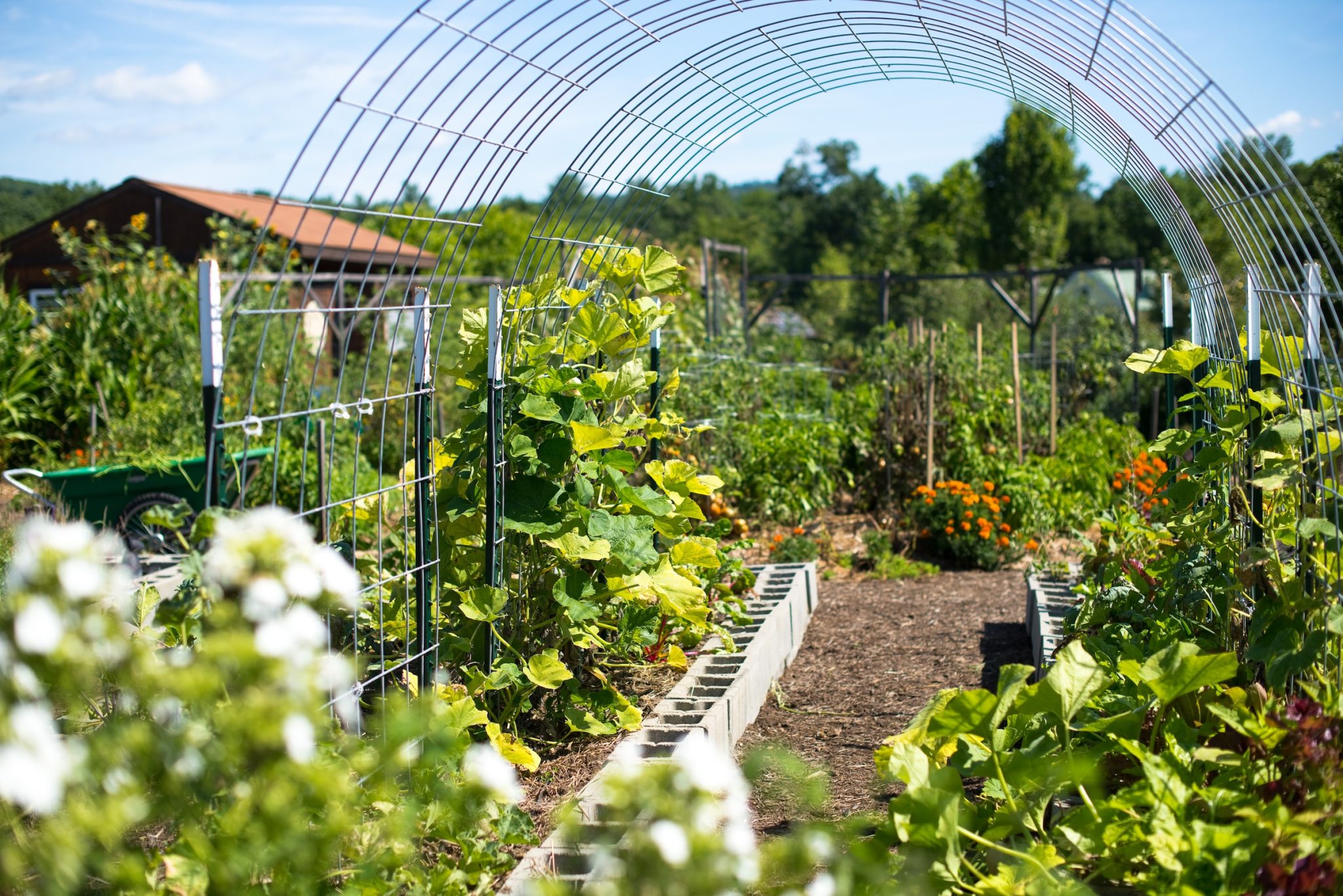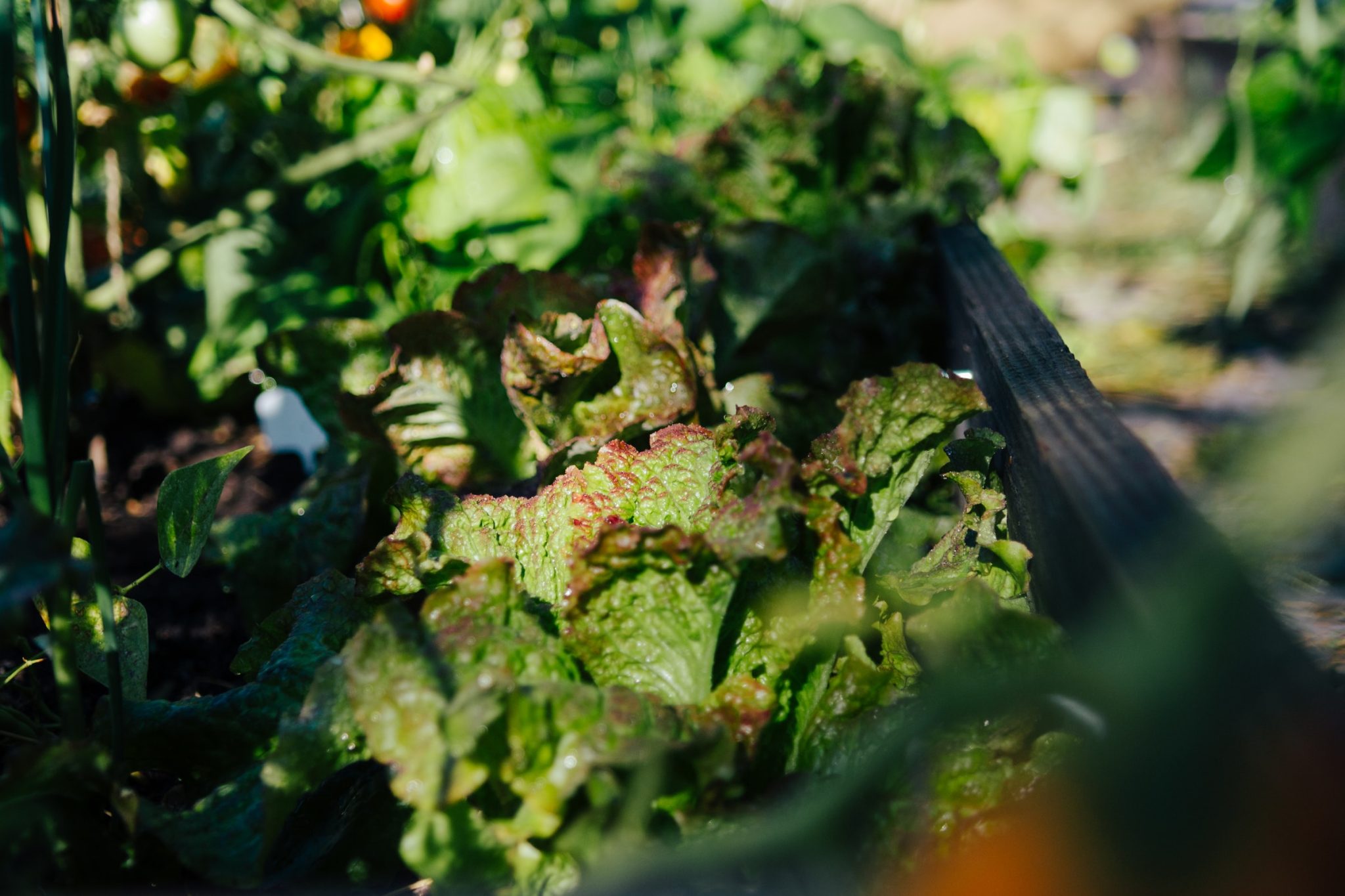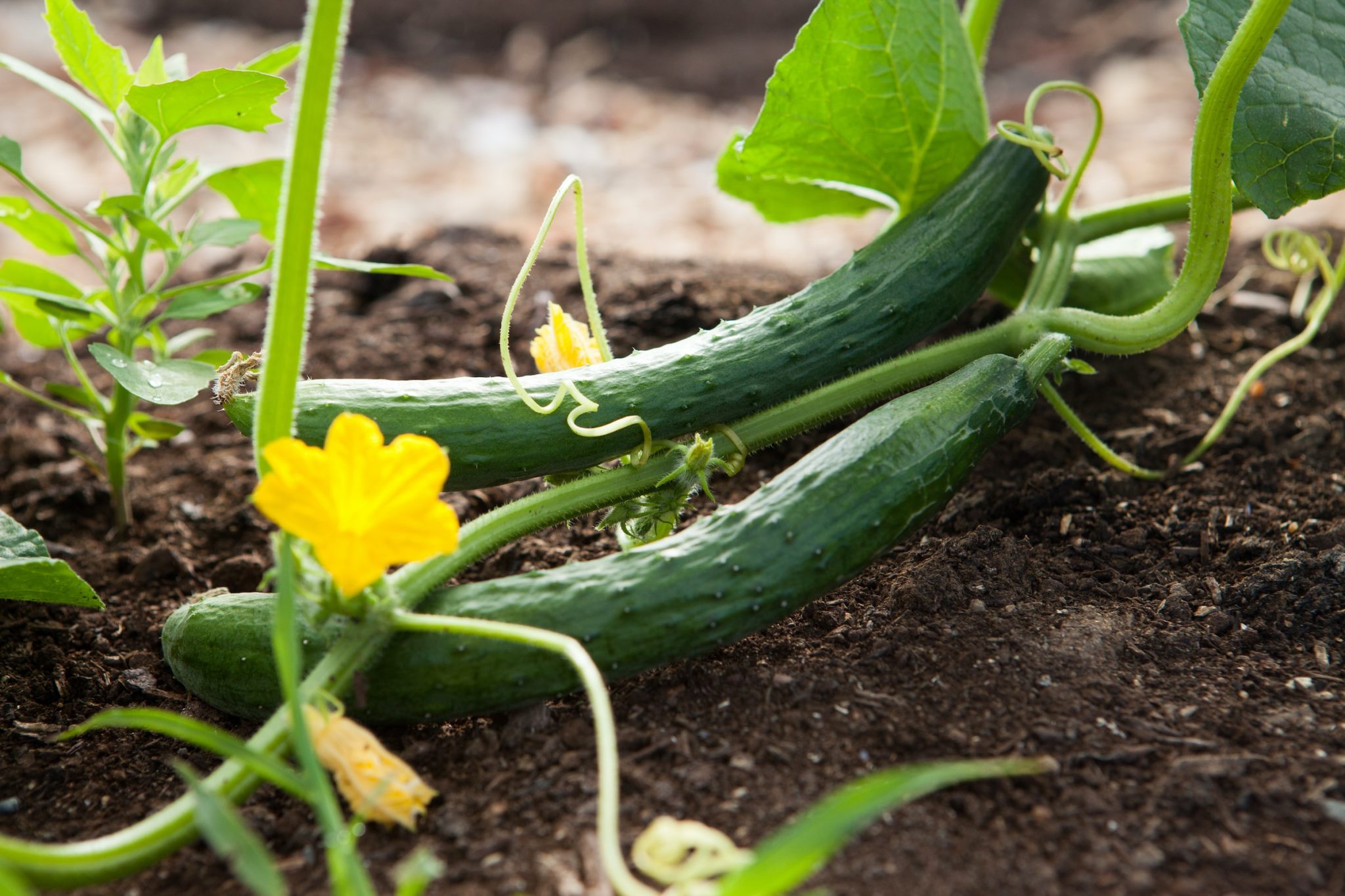Gardening is like a fun blend of science and art, helping you to enjoy nature while contributing in your own little way to the environment. It’s an activity loved by many and helps to add a refreshing touch to your home’s outdoor space while boosting your mood. According to a 2022 report, many Australians are concerned about climate change and using plants to tackle this issue. Fortunately, you don’t need to be an expert to grow a vegetable garden, although a little know-how goes a long way. Growing your vegetable garden is not as simple as tossing seeds in the dirt and crossing your fingers. The more you learn about it, the better your garden will thrive. Below are seven practical tips for growing your vegetable garden.

Table of Contents
Allow in some sunlight
Vegetables love the sunlight and need the right amount of it to thrive. Letting your plants get 6 to 8 hours of direct sunlight daily is ideal. Even those leafy garden types that only need a bit of shade still like to soak up the rays. Here’s a nifty trick: try a container garden if a big backyard garden feels like a leap. You can put those containers on your patio or terrace where they can bask in the sun.
Be mindful of the soil type
Once you’ve picked your garden spot, it’s time to focus on the soil. Check its feel and composition to find out if you have the earth ready for planting. Is it hard as a rock or a bit too sandy? If it’s as tough as clay, mix in some mature manure or river sand to lighten things up. And if it’s more of a beach texture, add some manure for that extra dynamism. Plants get all their goodies from the soil, so quality counts. Manure is your soil’s best friend, giving it a boost of organic goodness. It’s all about texture, so make sure it’s not too packed or soggy.
Fight off pests and plant problems
Pesky bugs and plant diseases are unwelcome guests in your vegetable party. They’re like the party crashers you never invited and can mess with your harvest. The best way to handle these troublemakers is to start with the right seeds or plants. Go for naturally tough varieties against bugs and diseases, and keep your plants in tip-top shape. It’s all about giving them a balanced diet and loads of love. Healthy plants are like little nutritional powerhouses and are terrific for your health and well-being. As you consider how plants impact your health, you can explore academic resources like Global Health Education for more insights on healthcare in general to give you a broader picture and relevant insights on how to improve safety and quality in that regard.
Guard your garden from animals
Animals love vegetables, and you won’t hesitate to help themselves if they can. Deer, rabbits, groundhogs, and voles are all in on the action. So, you have to be ready to defend your garden. It’s like drawing a line in the sand. Start by putting up a fence right from the get-go. Sink a 6-inch board all around the perimeter to keep the diggers out. Then, set up a 3-foot fence, but leave the top open (groundhogs won’t have the skills to climb). If you have deer problems in the neighborhood, you must go big with an 8-foot or taller fence. And here’s a fun twist: motion-activated sprinklers, repellents, and some good old scare tactics might do the trick in keeping the critters out.

Remember that gardening is year-round
A common misconception many have is that planting your vegetable garden is a one-and-done deal. However, that is not the case, especially if you aim for a diverse harvest. When spring starts and the frost threat ends, it’s time to get those warm-weather plants like tomatoes, peppers, and squash in the ground. But if you’re into cool-weather crops like peas, lettuce, and spinach, you must start much earlier. These crops can handle a little cold weather, so get them in the ground weeks before spring says its final goodbye. The key is to know your local planting times and your go-to source if you need extension services.
But here’s the pro tip: keep gardening all season long. As one crop bows out, have the next one ready to take the stage. It’s all about keeping your garden bed busy, so feel free to consider this.
Gear up for gardening
It would be best if you had tools to grow your vegetable garden. However, you don’t need a garage full of gadgets. A few practical tools can make your gardening life a breeze. It’s like a chef with their favorite knives. If you have a cozy balcony garden, you’ll need a trowel for gentle plant moves, a mini fork to fluff up the soil, some gardening shears for trimming, a protection cover, and a watering can to keep them hydrated. And don’t forget some string – it’s like the garden’s handyman. But remember, these tools are your companions. Take care of them, and they’ll help your garden thrive.
Harvest correctly
Harvesting is the exciting part of gardening. Everybody is excited to reap the benefits of all their hard work. But don’t let the excitement lead to rookie mistakes. Here’s a golden rule: don’t completely pull your plants from the ground. Instead, take it slow; pluck a few leaves or fruits at a time. Doing this helps keep those plants strong and avoid damage or loss during harvesting. The goal is to make the harvest last and keep the vegetable goodness flowing.

Your vegetable garden is not just a piece of land; it’s a canvas for creativity, a source of fresh, wholesome nutrition, and a pathway to reconnecting with the earth. By following these seven essential tips, you’re not just growing vegetables; you’re cultivating a healthier lifestyle, nurturing the environment, and enjoying the immense satisfaction of watching your garden flourish.
- About the Author
- Latest Posts
Whether she is researching the latest trends in home decor, life-changing destination getaways, or the best way to maintain your finances, Dewey takes pride in leaving no stone unturned. She is passionate about distilling and delivering high-quality information that you can use to upgrade your life.

